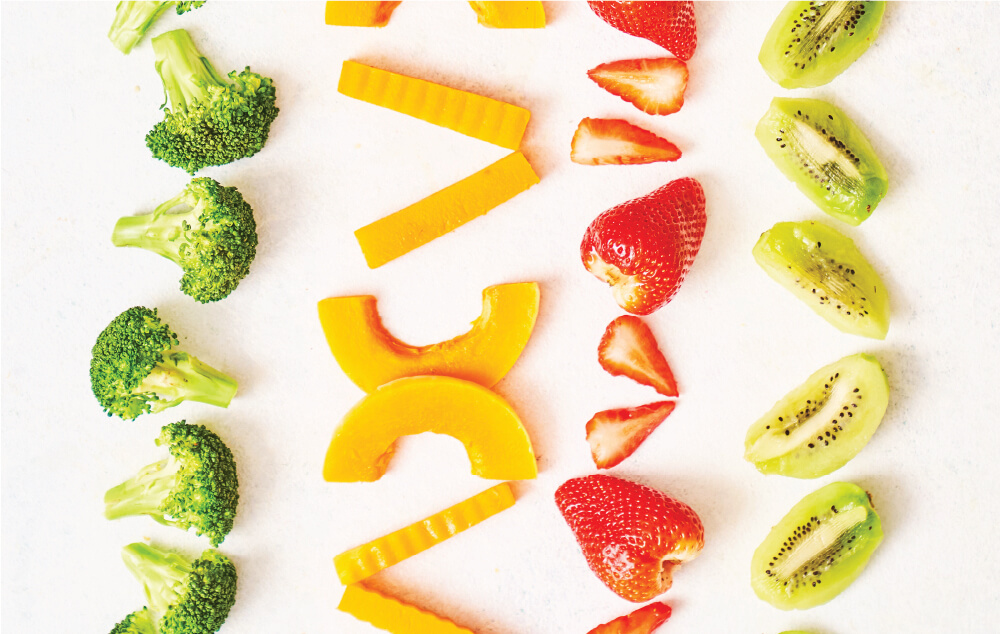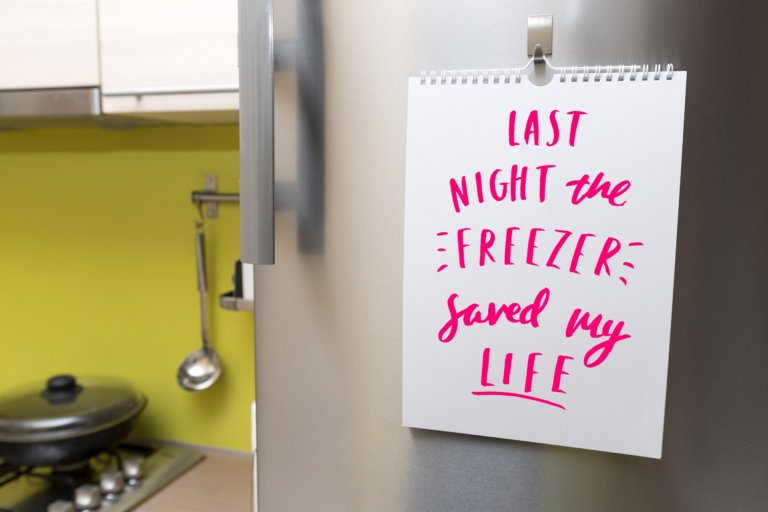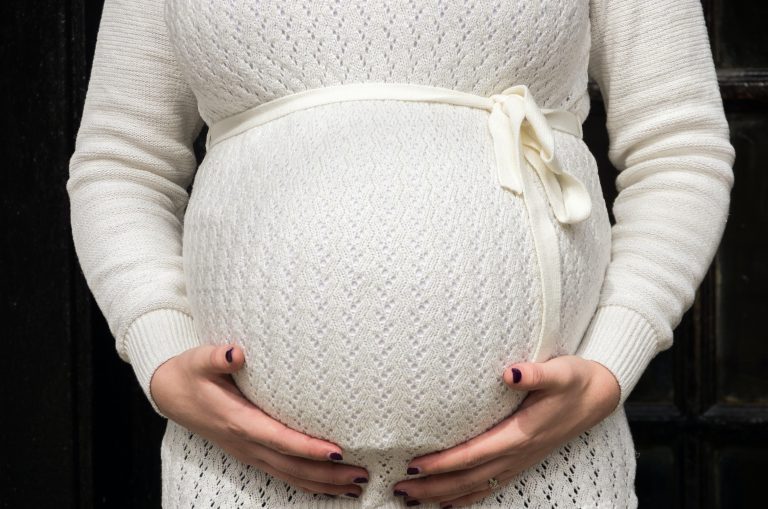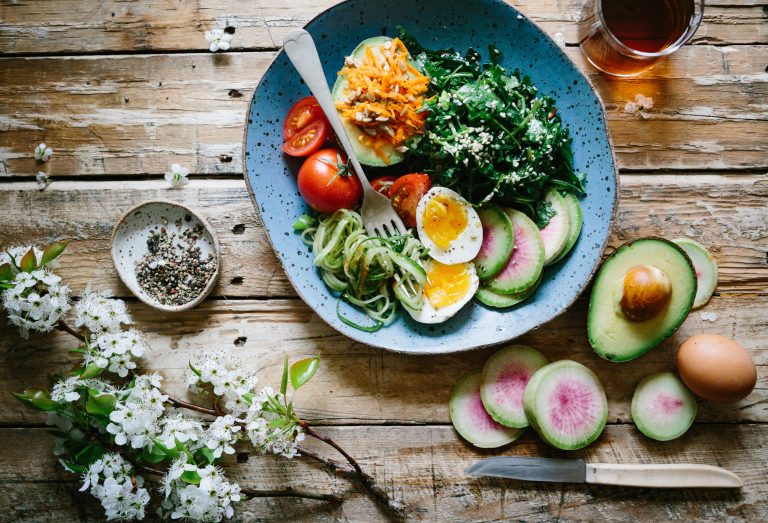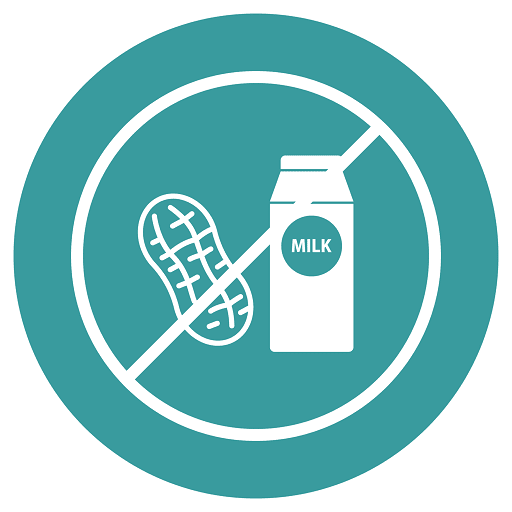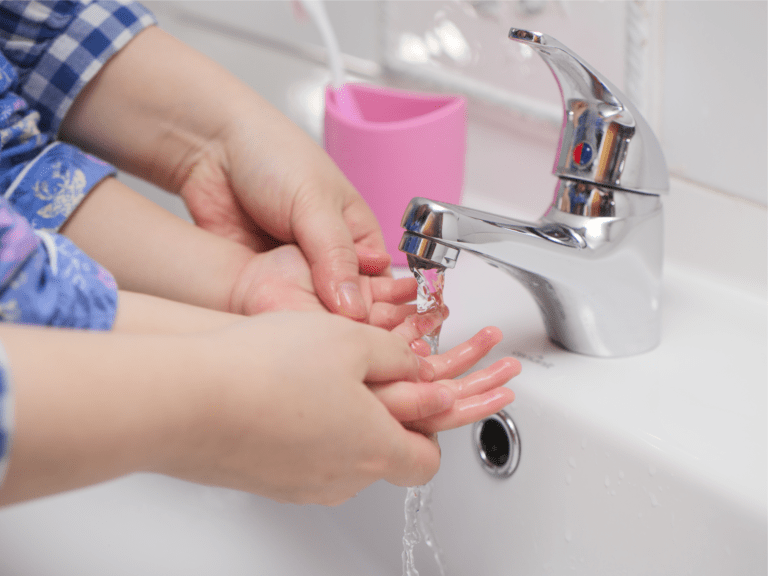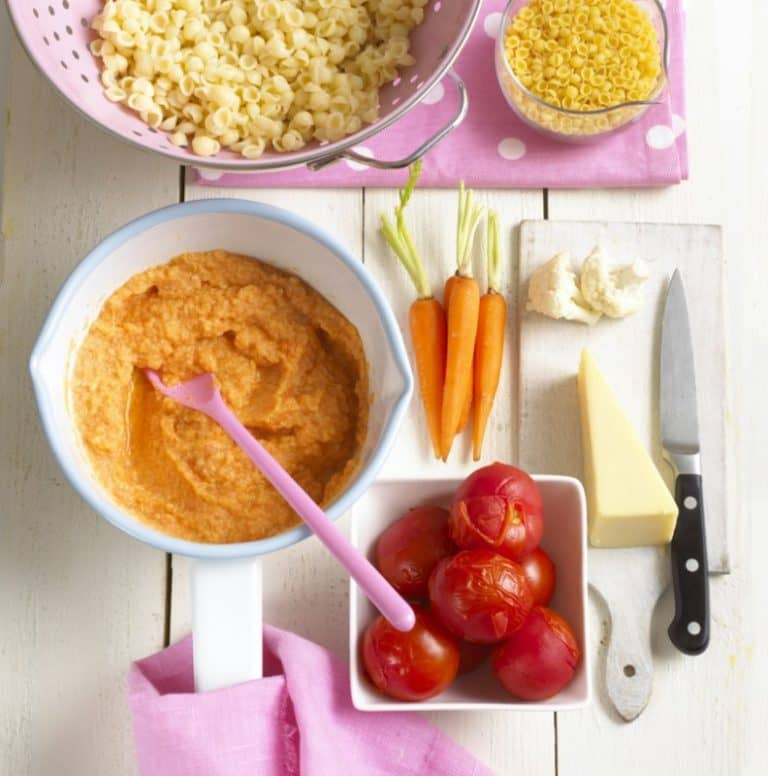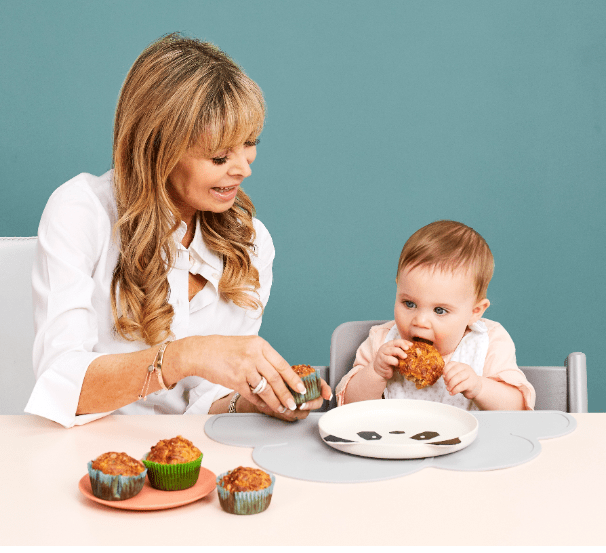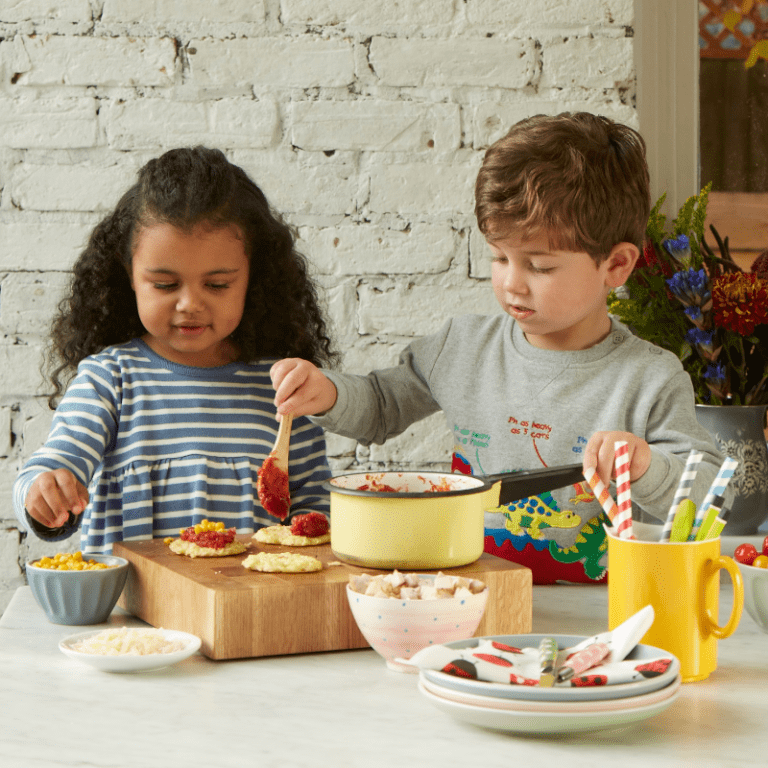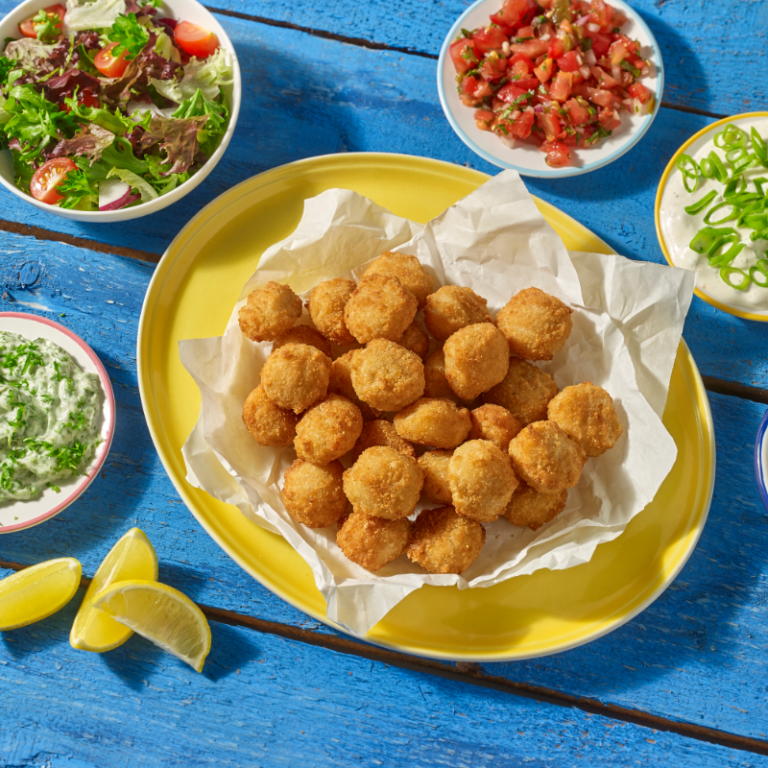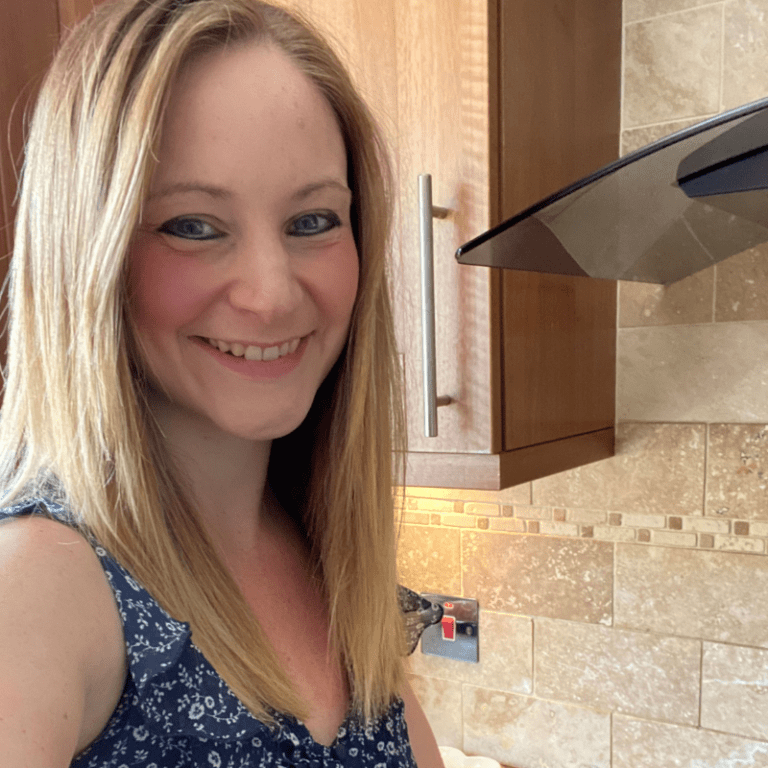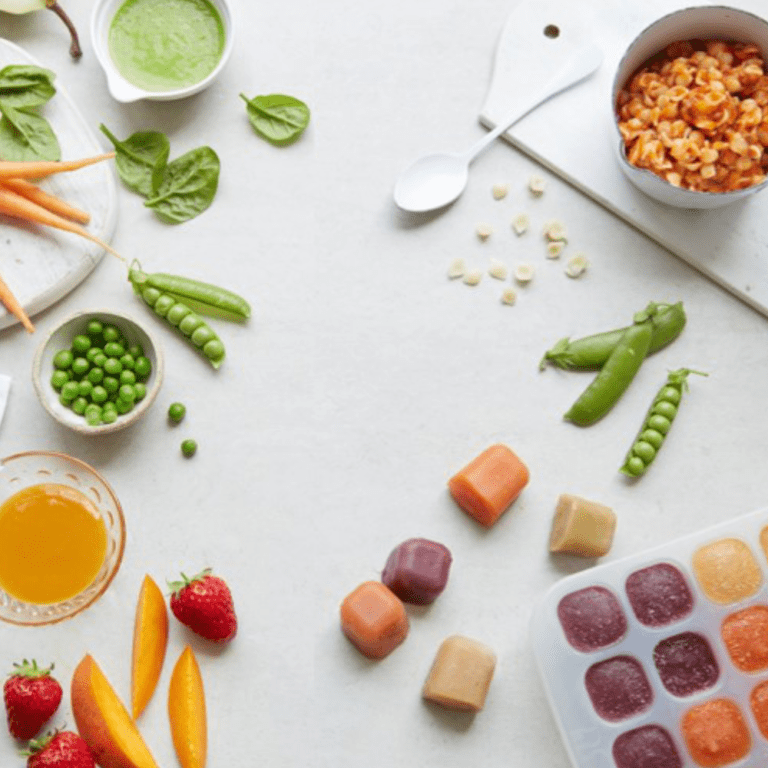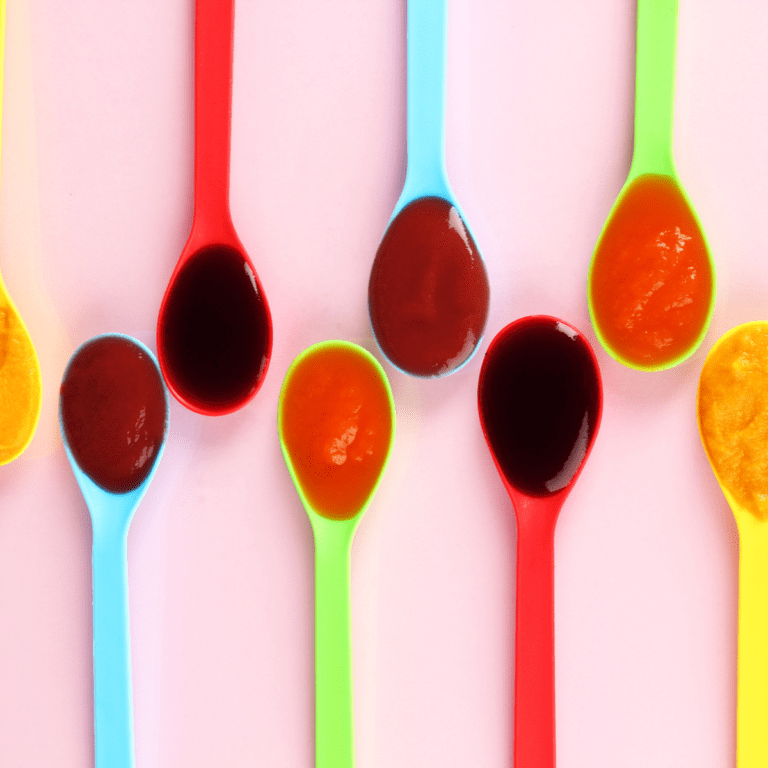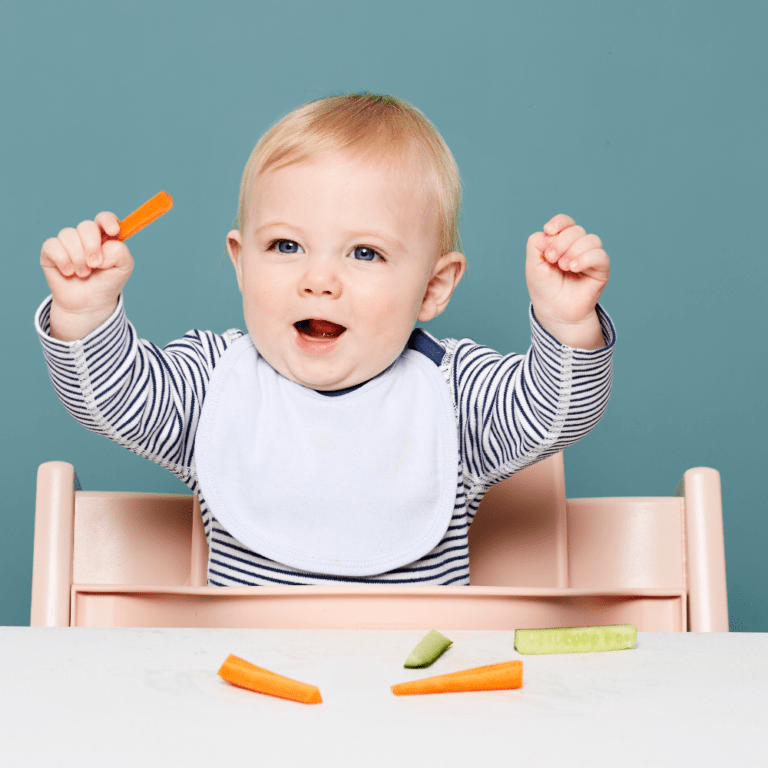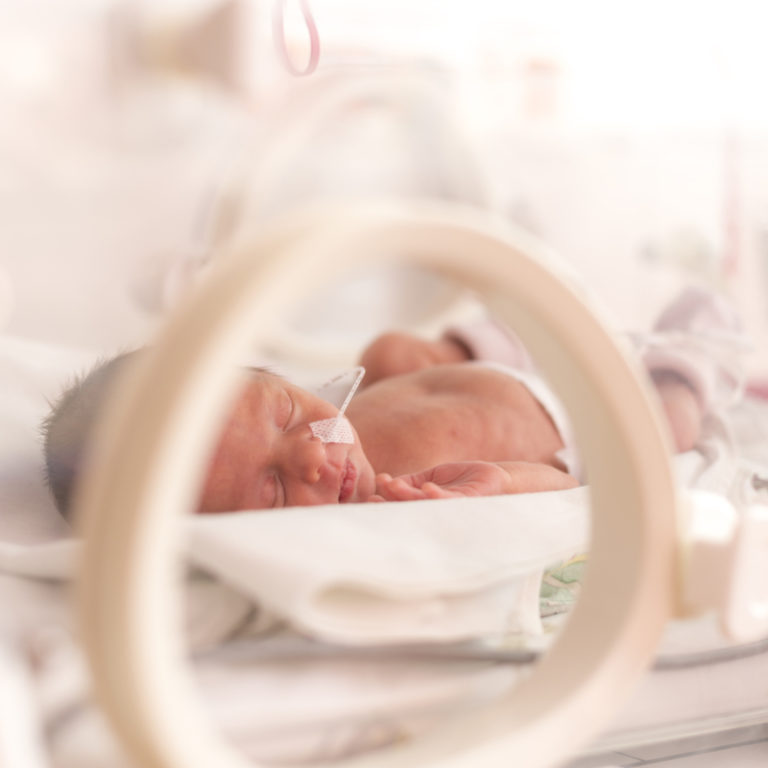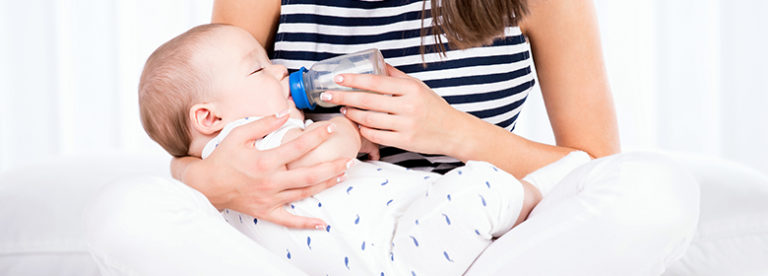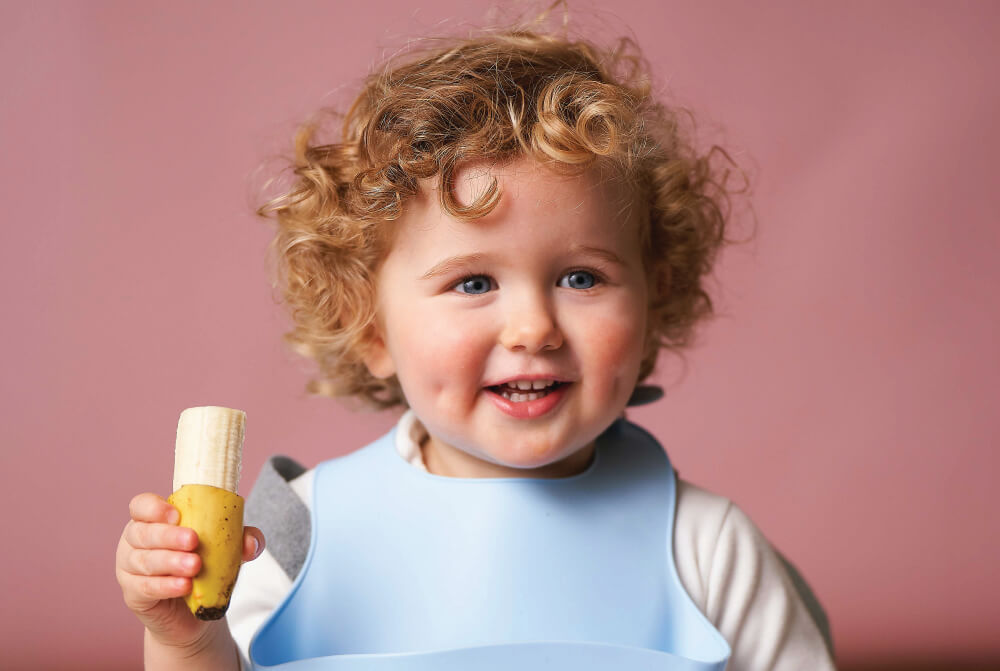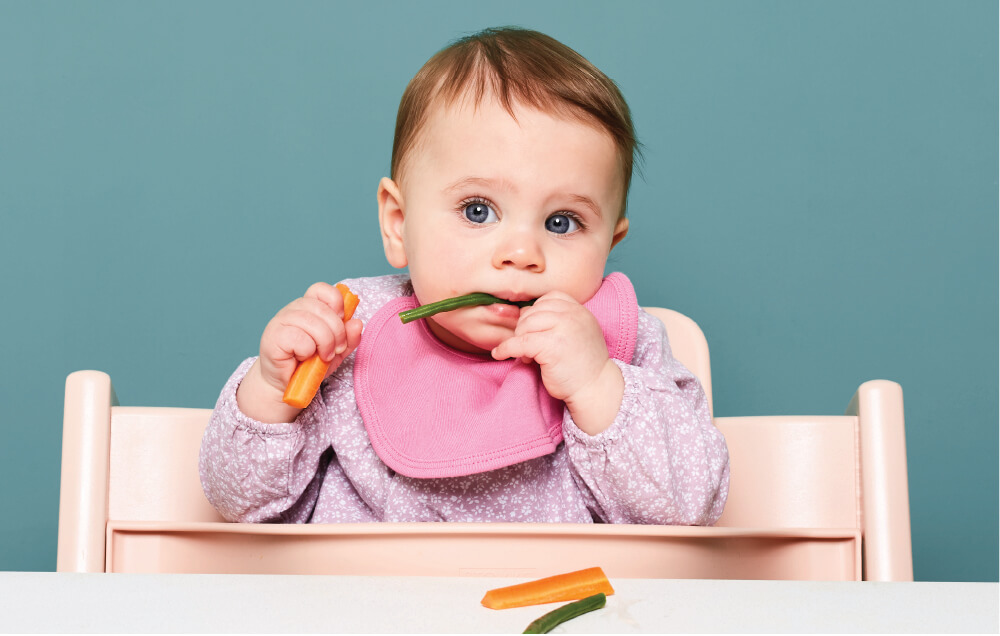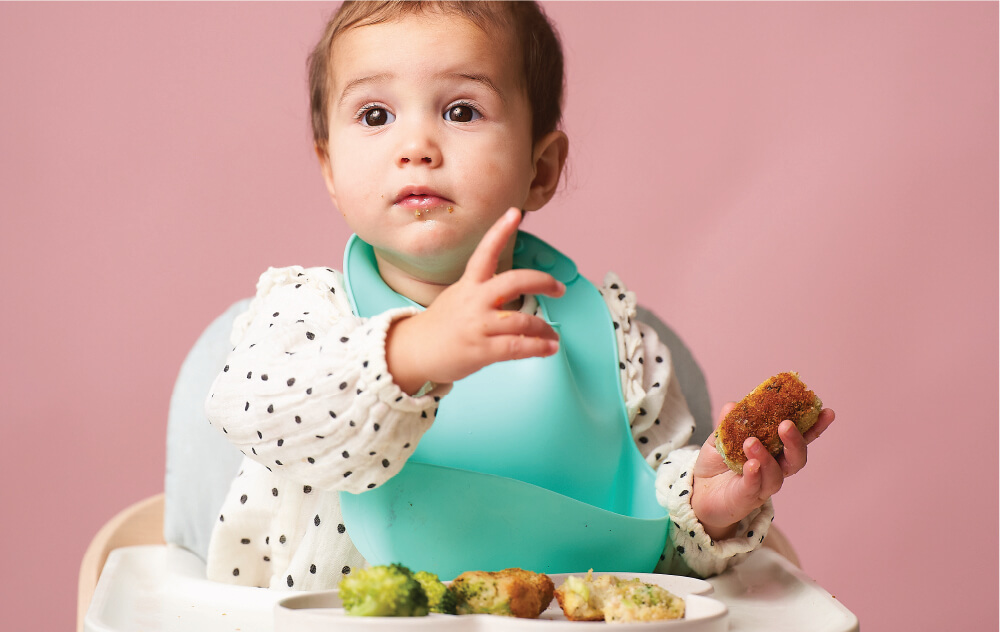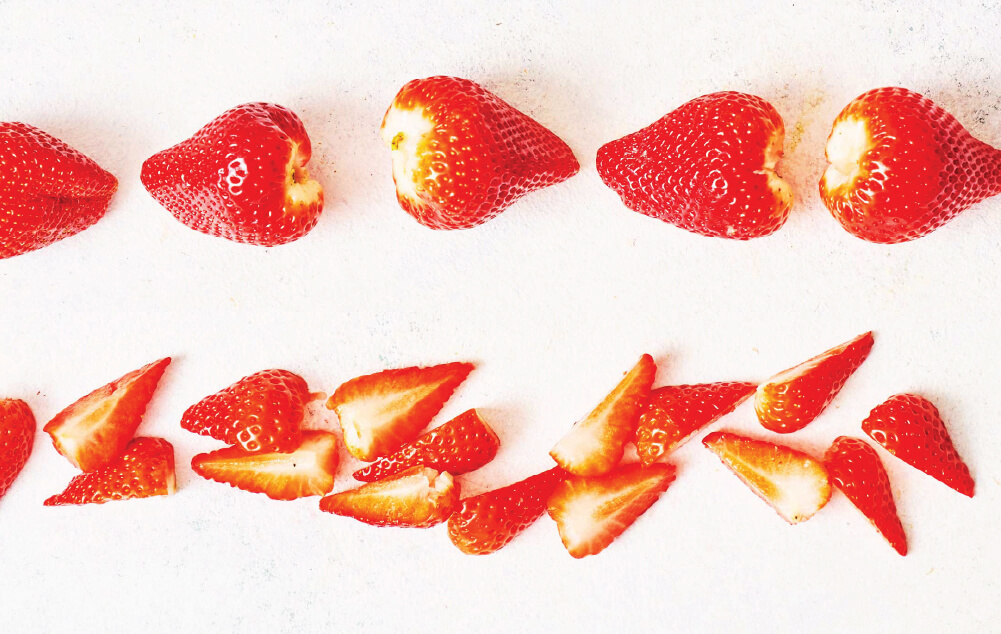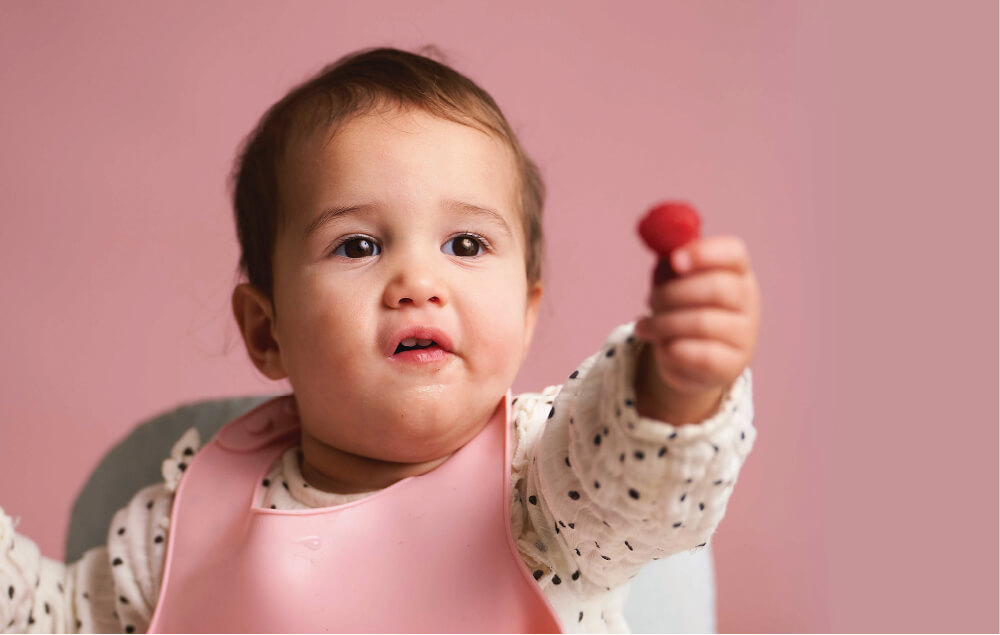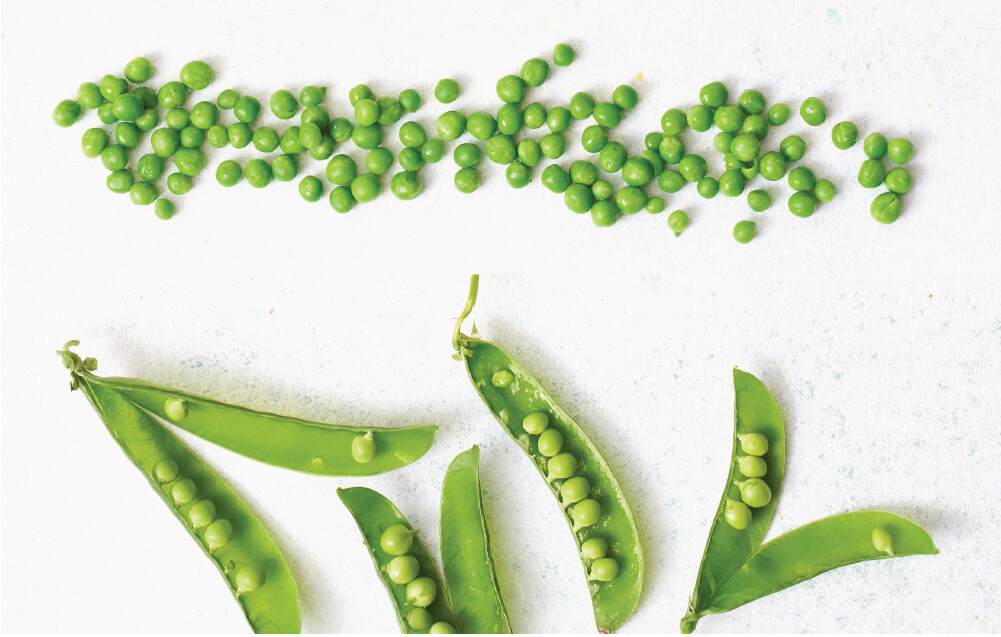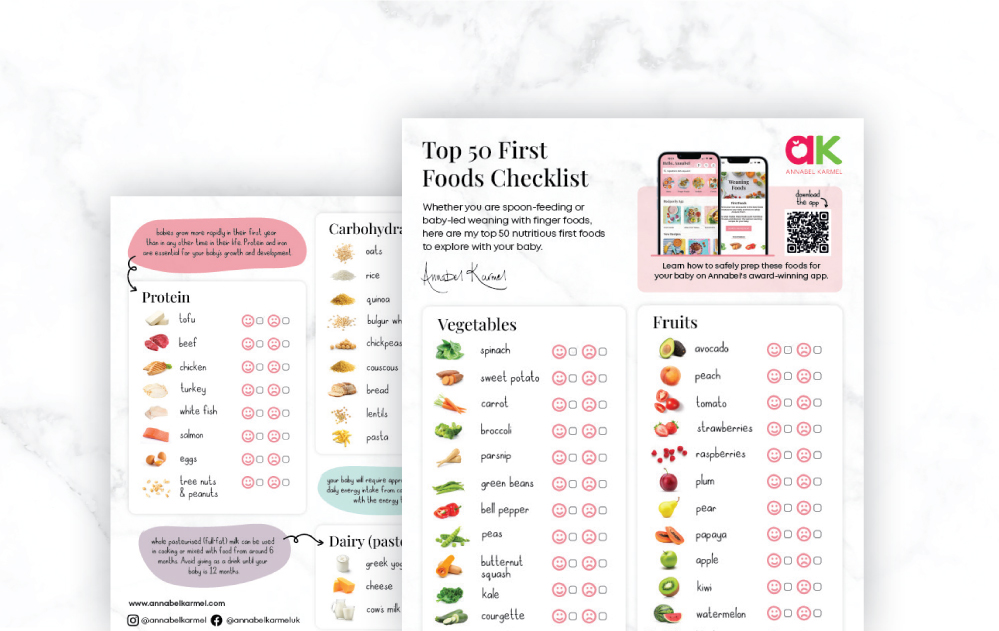Becky and Alexis share some of their top self-care tips for new mums during the 4th trimester:
First week in bed, second on the sofa.
We know resting as a new mum sounds like an oxymoron- but it is SO important! Rest helps bodies to heal, ready to look after and feed a baby.
In many cultures, mums are put to bed for up to 40 days to rest and bond with baby. We know our society isn’t set up for that, but for years we have recommended our mums try to have at least the first week in bed and the second on the sofa.
If you can, get some friends and family to help with meal drops, childcare for siblings (then your partner can rest with you) and help with household chores, it’s actually a lot more doable than you’d think.
During the first week mum can rest/sleep between feeds. She can eat nourishing foods and have lots of skin to skin – which has many calming benefits for both mum and baby. Having a week in bed can help slow down visitors too, and if they aren’t people you’d be happy to have a cuppa with in your pjs, then they shouldn’t be visiting. You will reap the benefits later both physically and mentally of really slowing down and allowing the body some time to heal, adapt and catch up with itself.
In cultures where mums have ‘lying in’ periods they also receive massage treatments from family members, which helps stimulate circulation. If you don’t have access to this, do remember to get up and stretch every couple of hours, walking to the loo or around the bedroom to ensure circulation flows around that lovely postnatal body.
During the second week, move to the sofa (or the garden if you need fresh air) but stay in pjs and continue to rest! You will probably be feeling itchy to leave the house by now, but fight the urge just one week longer, and instead enjoy getting to know this new person in your life!
If you don’t have family or friends nearby you could look into having a postnatal doula who can provide support to you and your family allowing you to rest.
No matter how you birthed your baby you are likely to have moments where you feel rather fragile as your body begins the healing process, your hormones settle and your mind processes the huge transformation you are going through. It’s no wonder we feel a little tearful at times.
As if this wasn’t enough, the hormone that brings our milk in, can also bring with it a waterfall of emotion, so lots of women experience a very tearful day 3 or 4, and this is a time when you will need an extra-large dose of TLC.
It is perfectly normal for a new mum’s mood to fluctuate as hormones coupled with tiredness can really play havoc on our emotions, but we always advise mums to keep an eye on themselves. If your moods and emotions are preventing you from meeting your own or your baby’s day to day needs then it’s wise to reach out and ask for some extra support. Don’t be afraid to ask for help. No mother was ever meant to do it all in isolation. Remember it takes a village to raise a child so bring in your tribe when you need them.
Keep the lights low, this will stop you and the baby waking up too much so will help you both get back to sleep quickly.
Take a flask of decaf or herbal tea and a snack to bed to have during the night feeds. This will nourish you as you feed little one and help settle any hunger, helping you get you back to sleep quickly.
Be prepared for the night sweats! The postnatal hormones can make us sweat more than we could imagine, having a dry top close by to quickly change into will help you get comfortable again so that you can drift back to sleep.
The first postnatal poo! We all have to do it, and most of us dread it. Even if you haven’t had an episiotomy or tear it can still feel a bit tender and inflamed and lots of women fear putting any pressure down there for a little while. The thing is, postnatal constipation is very uncomfortable, so don’t hold it in. And the truth is, it’s never as bad as you think it will be!
Here are some tips to help.
• Don’t rush. Allow yourself time and space to use the bathroom uninterrupted. If you try to rush, you’ll strain and if you strain it’ll be sore. Allow yourself time to sit and let yourself relax – relaxed muscles let go better.
• Keep your mouth and jaw relaxed. There is a neurological link up between your mouth and your sphincter muscles, if you are tight in your jaw, you’ll be tight in your sphincter muscles. Wiggle that jaw and relax your lips!
• Sometimes supporting the perineum can help you to mentally relax the bottom. Use a clean wash cloth or maternity pad and hold it against the perineum, you will most likely feel the bottom and bowel relax immediately.
• Using a foot stall and putting your feet flat up on it while you are on the loo so that your knees are higher than your hips is a better position for pooing, this mimics the squatting position and can help if you are constipated.
• If your bottom is sore or you have haemorrhoids, you can make a cooling pad using chamomile tea and a sanitary pad (See point number 7). After you’ve done your business, or if haemorrhoids are sore, take a pad out of the fridge and sit on it for a soothing, cooling relief.
• Remember to stay hydrated. You need to drink lots of water in the post-natal period, this will help to stop constipation.
Better out than in we say!
In the early days and weeks after giving birth be honest with your friends and family about your need to rest and get to know your baby. It is not self-indulgent or bad mannered, it is essential as you start your motherhood journey to take it slowly and be gentle with yourself as you heal. There will be plenty of time for rounds of tea and cake in the weeks and months to come. In fact, booking people in after your partner has gone back to work can be a lifeline to look forward to on the days when you are flying solo. Remind the well-wishers that you will be SO grateful of their help and company in the weeks to come, and this will give them a sense of being able to help, which in turn makes them feel good.
Sometimes when we are trying to do everything, we end up doing nothing. It can all feel like too much and this can completely overwhelm us – getting your to do list down on paper immediately frees up the mind and can encourage a sense of calm and order. Separate your list into the following – quick wins, shared tasks and non-urgent – and enjoy slowly ticking them off as you do them in your own time.
Equally, make a list of things you need. This way when people ask if you need anything when they are visiting, rather than replying ‘no thank you’ because you are either being polite or too tired to even think about it, you can very easily check your list and ask for something from it. It’s an absolute honour to support a new mum, so please don’t be polite – ask away!
Inflammation and soreness in your vulva from birth and nipples from feeding can be so uncomfortable, but so easily soothed by using some very easy to make at home cold pads.
Place 3 or 4 chamomile tea bags into a big jug, cover with boiling water and leave to steep for 30 mins.
Place some maternity pads/breast pads on a tray, waterproof backing side down, and then pour over the steeped tea until the pads are full of tea – then place the tray into the fridge to cool for a few hours.
After feeding, if nipples feel hot/stingy or sore – take a breast pad out of the fridge, pop it in your bra against the nipple and allow the cooling pad to soothe and reduce inflammation and soreness.
You can do the same with the maternity pads, for any burning or soreness in your vulva or bottom. Place a pad in your pants, and using a towel or waterproof sheet sit and allow the cooling pad to soothe your bits while you feed or watch TV.
After 10-15 mins, throw your pad away, pat the area dry with a clean towel and pop on some fresh pants, or feeding bra and repeat again when needed.
We’re not saying shut off and don’t respond to your baby, on the contrary, a crying baby often needs to be held and jiggled, but the high pitch and noise of their cry can be very stressful and makes us release cortisol, a stress hormone which leaves us feeling frazzled. Pop some ear plugs in and you will soften the noise of the cry and feel instantly calmer, whilst still dishing out the much-needed mama hugs.
The environment you are in will have a direct effect on how you are feeling if you are exhausted and your day is feeling dark and a little bleak, throw open the curtains and let in some uplifting daylight. Perhaps step outside and take some big breaths of fresh air or go for a little walk in the park.
If you are feeling overwhelmed you may benefit from turning the lights down low and making your surroundings feel cosy and calm. Get into some comfy clothes and have some rest of skin to skin with your baby.
It’s really important to listen to your own needs as well as baby’s!
Carving some essential time out where the old you can spread your wings, or at least give them a little stretch is so important. So often mums say to us that they really struggle with the huge identity change and repetitive day to day routine when they become a mum. Yes, they are proud of this new life role and of their beautiful babe, but they also wonder where that leaves them, their passions and friendships outside of motherhood.
Sometimes it’s while we are away from our little ones that we can remind ourselves of our other talents and worth. That’s why ‘Freedom Friday’ became a thing- just a couple of hours a week to get your partner, parent, friend or a sitter in so that you can spend a little bit of time remembering what set your soul on fire before kiddos (If you’re exclusively breast feeding this may involve picking your timing carefully between feeding or expressing prior to going out).
Freedom Friday can be ANYTHING (and FYI obviously doesn’t have to be on a Friday). Plan for dinner or drinks, cinema, massage, mani, running, yoga, theatre, gig, salsa, comedy, a child free cuppa with a friend, shopping, mindfulness, swimming, spinning, Zumba, facial, undisturbed long sumptuous bath at home, reading or just sitting quietly on your own flicking through your favourite mag or listening to a podcast – literally WHATEVER floats your boat! It gives you a little something to look forward to on the days that can feel a bit repetitive and challenging. This can often leave you feeling re-energised and excited to see your little one again.
Excerpt from The Little Book of Self Care for New Mums by Beccy Hands & Alexis Stickland (Vermillion, £12.99).
